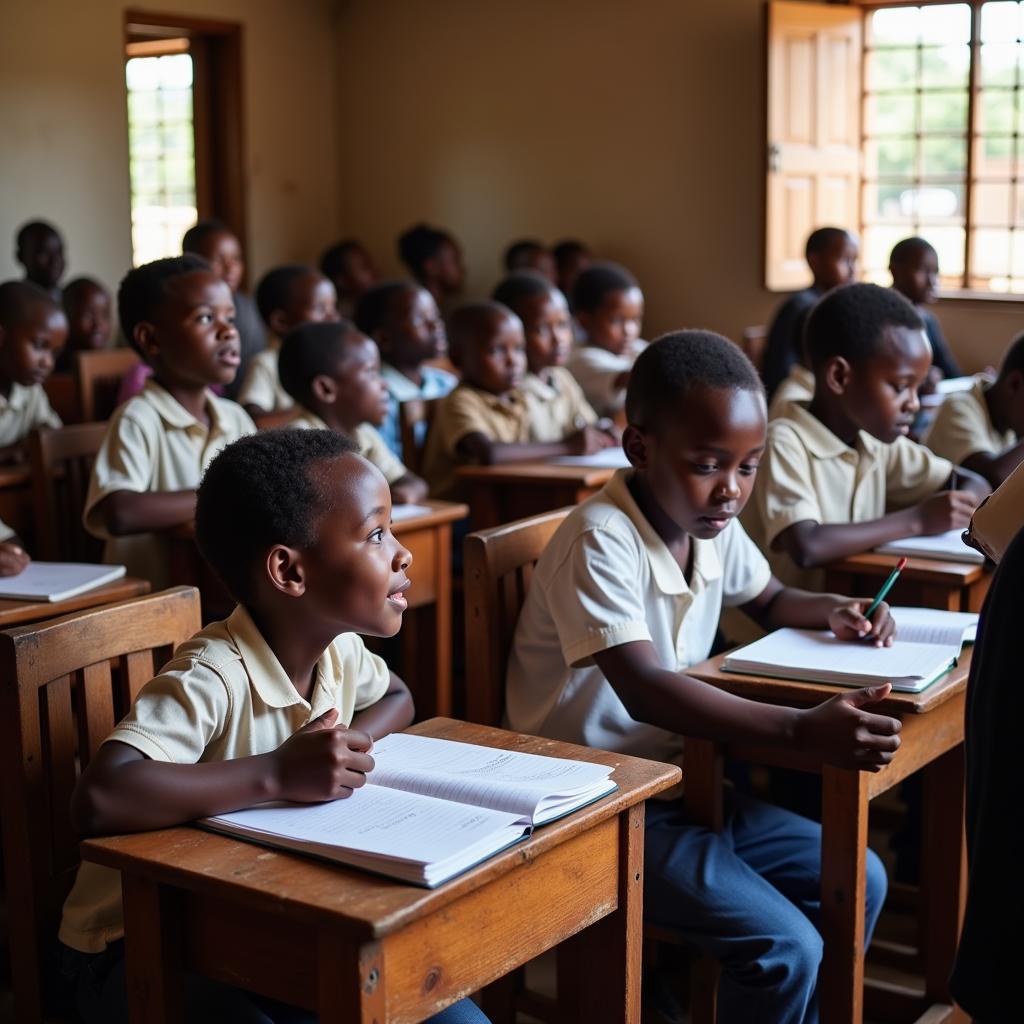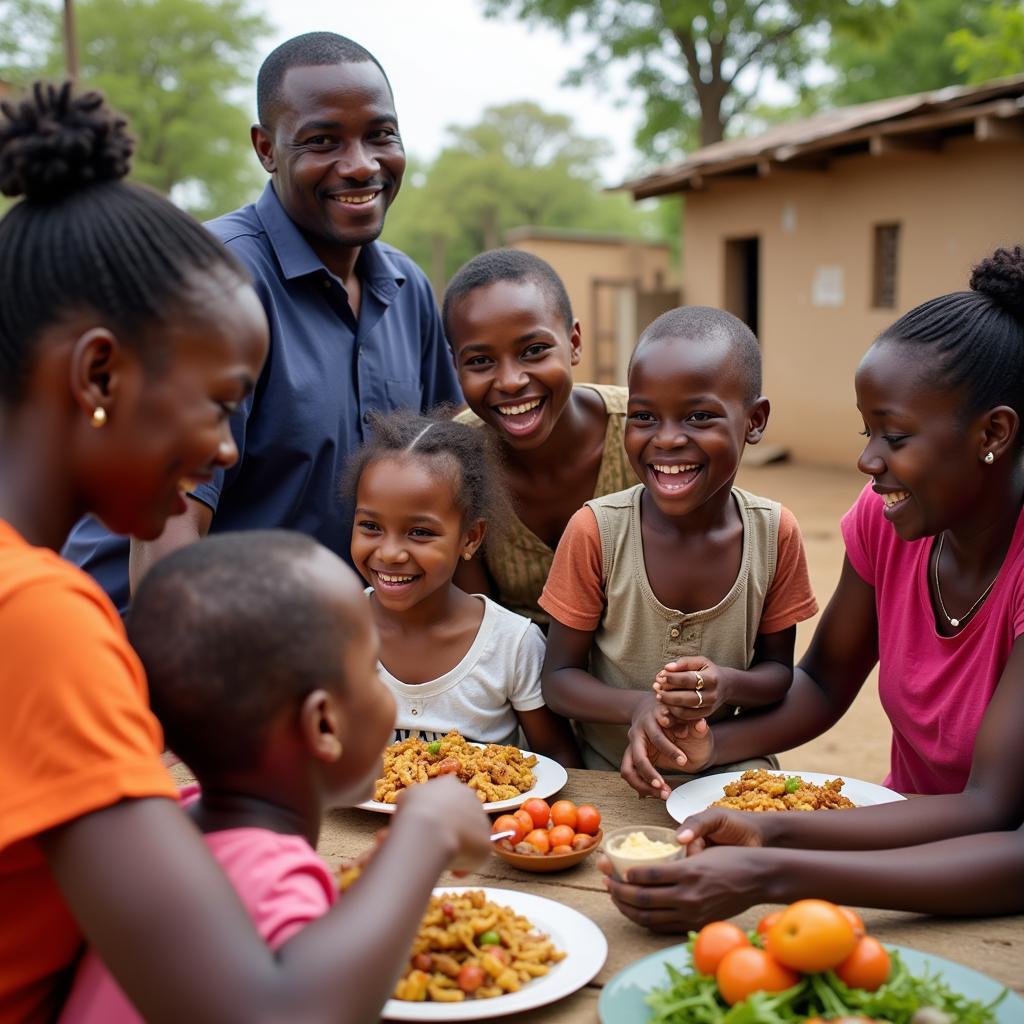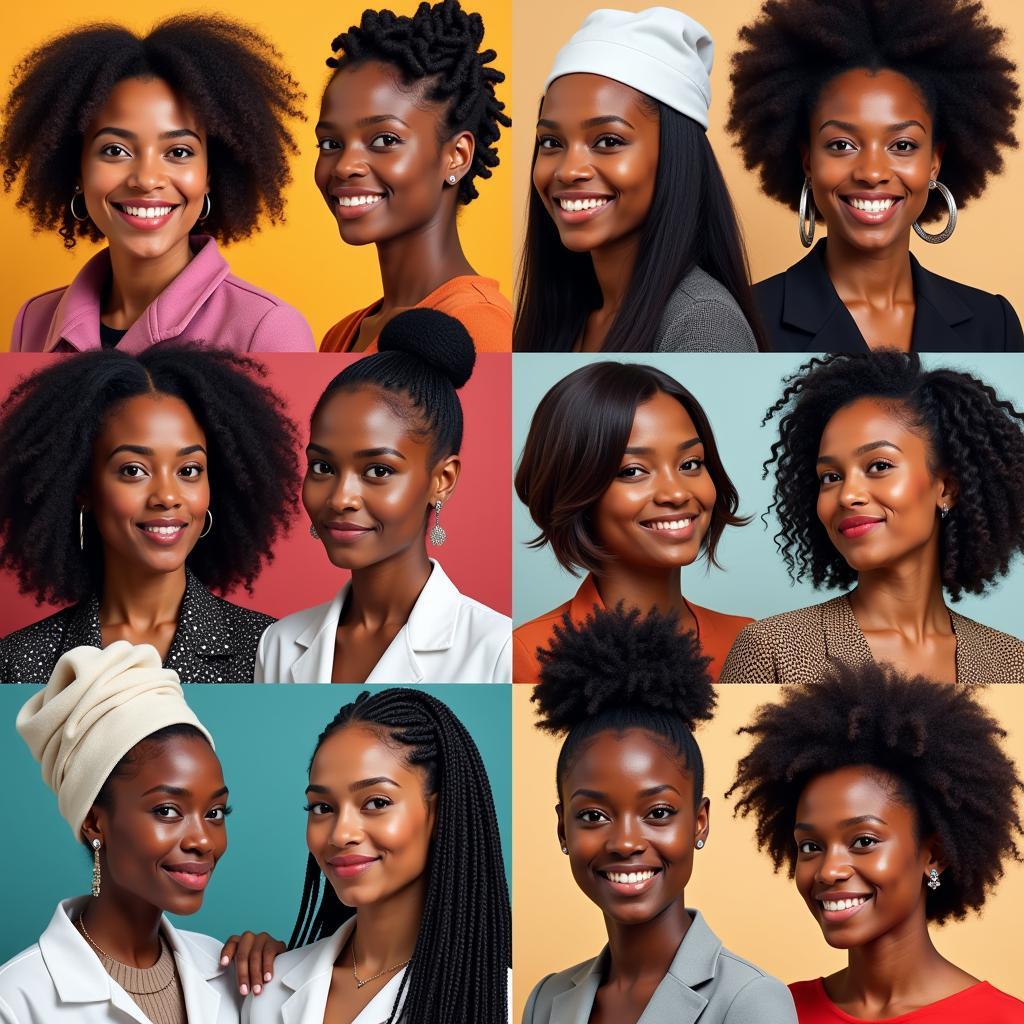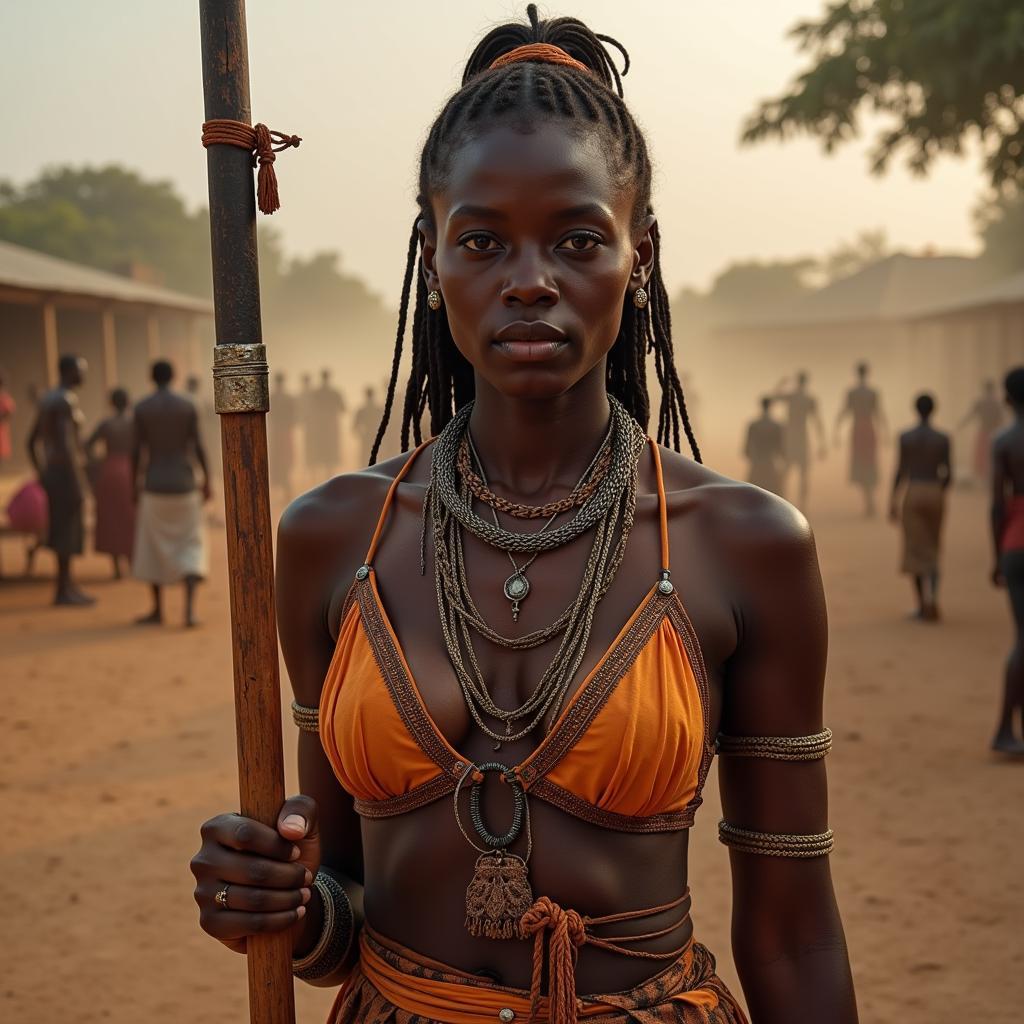Understanding the African Charter on Women and Children
The African Charter on the Rights and Welfare of the Child (ACRWC), often referred to as the African Charter On Women And Children, is a crucial human rights instrument specifically designed to protect and promote the rights of children across the African continent. This charter, adopted in 1990, signifies a monumental step towards ensuring a brighter future for African children by addressing their unique needs and vulnerabilities.
The ACRWC acknowledges the distinct challenges faced by children in Africa, from poverty and lack of access to education and healthcare to harmful traditional practices and the devastating impacts of conflict. The charter aims to create a protective environment where children can thrive, develop their full potential, and enjoy their fundamental human rights. One of the core principles of the charter is the best interests of the child, which emphasizes that all decisions concerning a child must prioritize their well-being and development.
Key Provisions of the African Charter on Women and Children
The ACRWC covers a wide range of rights, encompassing civil, political, economic, social, and cultural aspects of a child’s life. These rights include the right to life, survival, and development; the right to a name and nationality; the right to freedom of expression and association; the right to education and healthcare; and the right to protection from abuse, neglect, exploitation, and discrimination. The charter also addresses the specific needs of children in situations of armed conflict and calls for their protection and rehabilitation.
One unique aspect of the ACRWC is its focus on the role of the family and community in child upbringing. It emphasizes the importance of traditional values and practices that promote the well-being of children while also condemning harmful cultural norms, such as female genital mutilation and child marriage.
You can find further information regarding other human rights charters on this website, including resources on the African Human Rights Slideshare.
The Impact and Challenges of Implementing the ACRWC
The ACRWC has played a significant role in raising awareness about children’s rights across Africa and has influenced national legislation and policies in many countries. It has provided a framework for governments, civil society organizations, and other stakeholders to collaborate in protecting and promoting the rights of children. However, implementation of the charter remains a challenge due to factors such as limited resources, weak institutional capacity, and ongoing conflicts in some regions.
 Children attending school in a rural African village
Children attending school in a rural African village
Despite these challenges, the ACRWC continues to be a vital tool for advancing children’s rights in Africa. It provides a legal and moral imperative for governments and communities to invest in children’s well-being and to create a future where every child can thrive.
The African Convention on Human Right further expands on these rights and provides additional context for the protection of individuals across the continent.
What are the core principles of the African Charter on Women and Children?
The core principles of the ACRWC include non-discrimination, the best interests of the child, the right to life, survival, and development, and respect for the views of the child.
How does the ACRWC address harmful traditional practices?
The ACRWC condemns harmful traditional practices, such as female genital mutilation and child marriage, while also emphasizing the importance of positive traditional values that contribute to child well-being.
What challenges hinder the implementation of the ACRWC?
Challenges hindering the implementation of the ACRWC include limited resources, weak institutional capacity, ongoing conflicts, and deeply ingrained cultural practices.
The African Commission on Human and Peoples Rights plays a crucial role in overseeing the implementation of the Charter and ensuring its effectiveness in protecting human rights.
How does the ACRWC promote children’s participation?
The ACRWC recognizes the right of children to express their views freely on all matters affecting them and emphasizes the importance of considering their opinions in decision-making processes.
 A family gathering in an African village
A family gathering in an African village
The African Court of Justice and Human Rights also plays a vital role in upholding human rights on the continent and can provide further avenues for legal recourse. For a clearer understanding of the African Charter’s implications, reviewing information on the African Charter on Human and Peoples Rights Abbreviation can be beneficial.
Conclusion
The African Charter on Women and Children, officially known as the African Charter on the Rights and Welfare of the Child, stands as a cornerstone in the fight for children’s rights in Africa. While significant progress has been made, challenges persist in fully realizing the charter’s objectives. Continued commitment and collaboration are essential to ensure that every African child can enjoy the rights and protections guaranteed by the ACRWC.
FAQ
- What is the African Charter on the Rights and Welfare of the Child?
- What are the key provisions of the ACRWC?
- How does the ACRWC address the issue of child soldiers?
- What role do families play in upholding the rights of children according to the ACRWC?
- What are the main challenges facing the implementation of the ACRWC?
- Where can I find more information about the African Charter on Women and Children?
- How can I contribute to the realization of the ACRWC’s objectives?
Common Scenarios and Questions:
- Scenario: A child is denied access to education due to poverty. Question: How does the ACRWC address this issue and what remedies are available?
- Scenario: A child is subjected to harmful traditional practices. Question: What mechanisms are in place to protect the child under the ACRWC?
- Scenario: A child is separated from their family due to conflict. Question: What provisions does the ACRWC have for the protection and reunification of separated children?
Further Exploration:
For more information on related topics, you can explore other articles on this website, such as those focusing on specific human rights issues in Africa.
Call to Action:
Need assistance or further information? Contact us 24/7: Phone: +255768904061, Email: [email protected], or visit us at Mbarali DC Mawindi, Kangaga, Tanzania. Our customer service team is ready to help.


